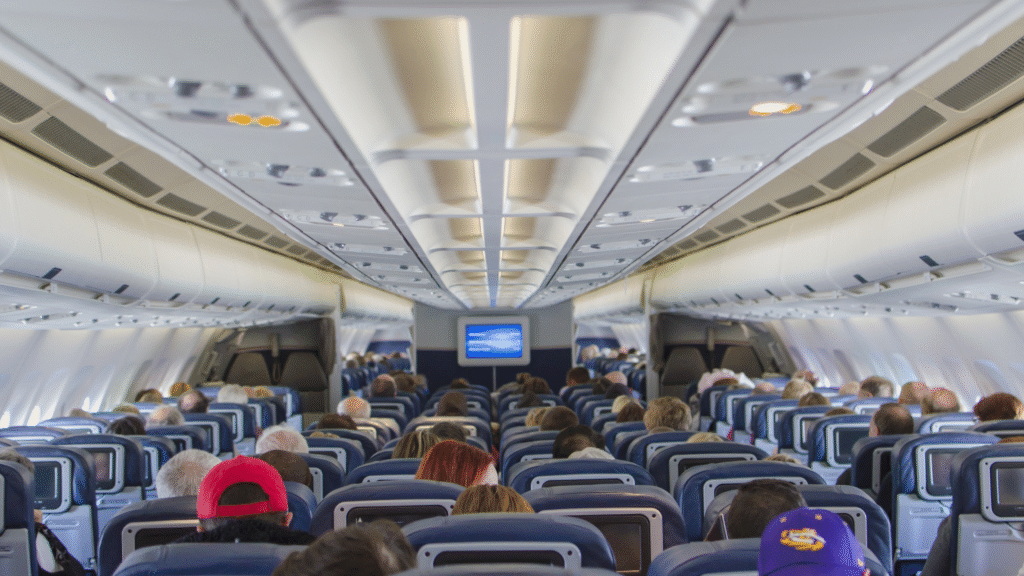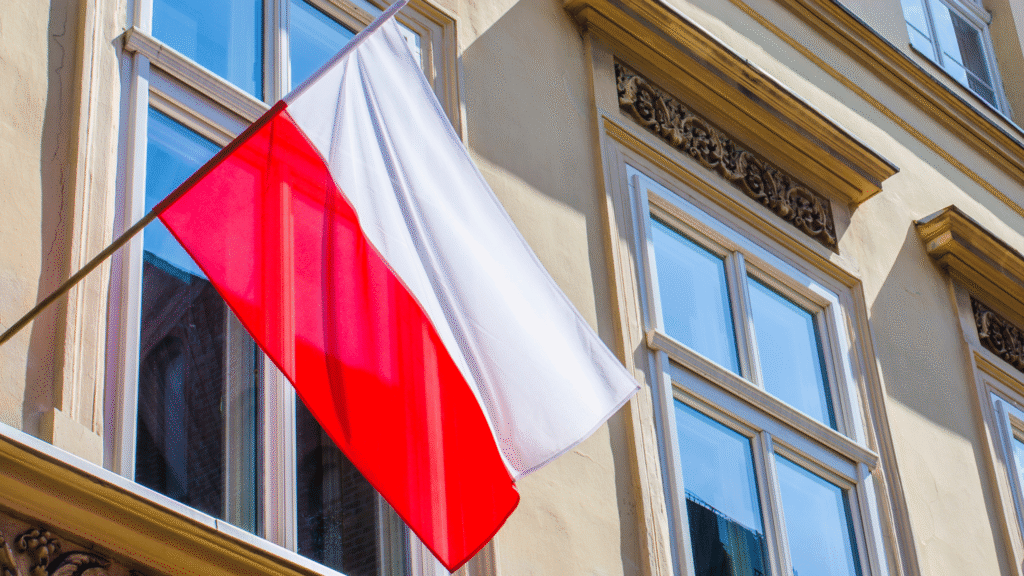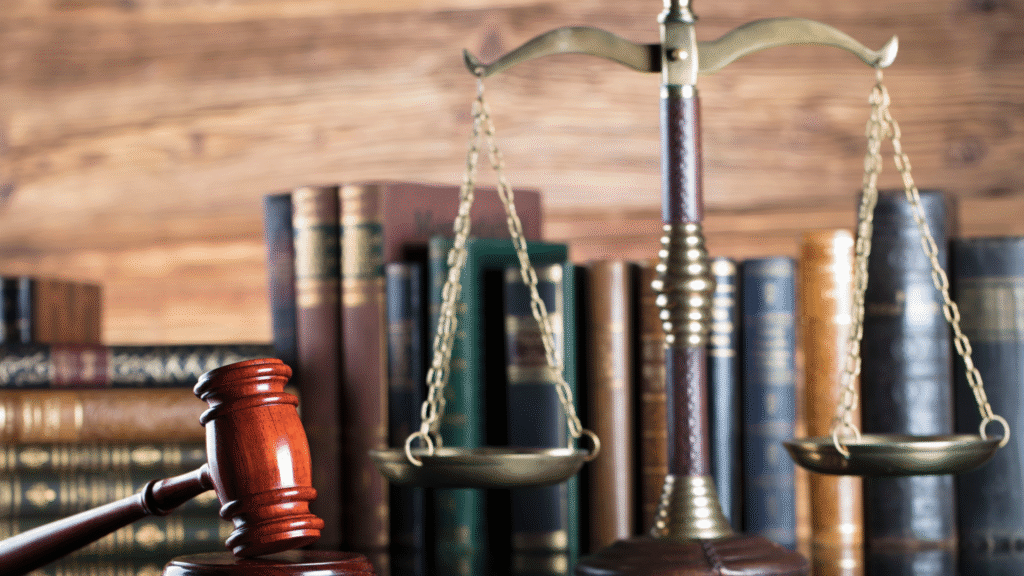Dear Seller, be careful! On the far-reaching consequences of selling alcohol to an intoxicated customer
In a judgment dated November 7, 2023. The Provincial Administrative Court in Poznań upheld the decision of the Local Government Board of Appeals upholding the decision of the Mayor of Poznań to revoke a permit to sell alcohol to an entrepreneur running a grocery store[1]. The reason for the revocation of the permit was the one-time sale of alcohol (200ml of vodka) to a man who had 1.45 mg/I in his exhaled breath after leaving the store – or approx. 3 percent in the blood. As of the date of this legal alert, this ruling of the WSA remains not final, however, it is worth leaning into its content and the interpretive direction taken by the court.
The essence of a permit to sell alcohol
An entrepreneur conducting commercial activity in the field of alcoholic beverages is required to have an appropriate permit, issued upon application by the mayor/mayor/city president with jurisdiction over the location of the point of sale.
The above obligation follows directly from Art. 18 of the Law of October 26, 1982. On Upbringing in Sobriety and Counteracting Alcoholism (Dz. U. 1982 No. 35 item 230) (hereinafter: the Act). This provision is a special regulation and corresponds to the principle derived from Art. 41 of the Law of March 6, 2018. Entrepreneurs’ Law (Journal of Laws 2018 item 646).
From Art. 18 para. 1 of the Law results in the first basic division of permits for the retail sale of alcoholic beverages[2], namely the sale of alcoholic beverages for consumption on-site and the sale of such beverages off-site. According to the wording of the third paragraph of the provision under review, a license shall be issued separately for the following types of alcoholic beverages:
1) up to 4.5% alcohol content and for beer;
2) above 4.5% to 18% alcohol content (excluding beer);
3) above 18% alcohol content.
The permit is temporary and comes with a fee.
Alcoholic products remain under a special legal regime and their distribution is strictly licensed. Getting the right permit may seem like a bit of an inconvenience, but an entrepreneur already holding a permit must prepare to continue incurring nuisances and liability; in particular, it must take far-reaching steps to ensure that alcohol sales are carried out in an appropriate manner and under conditions that comply with the law and take into account actual local conditions.
The licensing authority or, under its authorization, the municipal police or members of the municipal commission for solving alcohol problems are authorized to inspect compliance with the terms and conditions of use of the permit.
The authorizing authority (mayor/mayor/city president) revokes the permit in, among other things. In cases:
- non-compliance by the entrepreneur with the rules of sale of alcoholic beverages specified in the law, in particular: selling and serving alcoholic beverages to minors, intoxicated persons, on credit or on pledge, or selling;
- Failure to comply with the conditions for the sale of alcoholic beverages specified in the law;
- repeated at least twice in a period of 6 months, at the place of sale or in the immediate vicinity, disturbance of public order in connection with the sale of alcoholic beverages by a given point of sale, when the operator of this point of sale fails to notify the authorities appointed to protect public order;
- Introduction of alcoholic beverages from illegal sources for sale;
Ratio legis regulations in question remains clear – children and adolescents, as well as addicts or intoxicated persons should be particularly protected, and their condition (health or consciousness) obliges the trader to refuse to sell alcohol, in addition, it is the trader who is supposed to bear a kind of social and local responsibility for the consequences of selling alcohol in the context of order and order (as the Supreme Administrative Court has pointed out, for example, “the entity holding the permit cannot expect that solving the public order problems generated by, among other things. through the alcohol he sells, will rest solely on the shoulders of the police or municipal police.” [3] ).
As a rule, an entrepreneur whose permit has been revoked may apply for reissuance of the permit no earlier than 3 years from the date of the revocation decision.
(In)proportionate sanction?
The consequences of revoking a license to sell alcohol appear to be severe for the entrepreneur. In the case under review, a particular annoyance may be precisely the temporary (as long as three years) inability of an entrepreneur who has had his license revoked to apply for new permits to sell alcohol.
At the same time, it should be emphasized (which may seem downright shocking to some) that the interpretation of the analyzed provisions by administrative courts in recent years remains very “strict” and actually unfavorable to entrepreneurs -. Courts do not treat revocation of alcohol sales permits as a “sanction” against the trader [4] and do not condition the revocation of the permit on the existence or absence of fault on the part of the entrepreneur or the seller[5] (e.g., the cashier at the store) or the possible remaining of the entrepreneur or the seller in error.
The administrative courts express a (fairly uniform/consistent) view that in the issue at hand there is no question of examining the “proportionality” of the application of the revocation of the permit in relation to the gravity of the violation – and there is a principle of presumption of administrative automatism, according to which the public administration body is obliged to revoke the license to sell alcohol to the entrepreneur who committed the violation[6].
In other words, the sale of any alcoholic product in any quantity (even if it is literally one small can of beer or “just” one bottle, or so-called “monkey”, of strong alcohol) to an intoxicated person or a minor may result (and, in the opinion of the courts and authorities, even must result) in the revocation of a license to sell alcohol – even if it was an incidental, exceptional case, and even if such a case occurred in the absence of fault on the part of the entrepreneur.
As a side note, I would like to point out that regardless of the administrative consequences, the actual seller as well as the entrepreneur running the store face severe criminal penalties for selling alcohol to an intoxicated/underage person or introducing alcoholic beverages from illegal sources – but that’s a topic for another legal alert.
However, even with such a procedural disadvantage, the entrepreneur, both in the course of administrative and administrative court proceedings, has the right to defend his rights and interests, and, depending on the facts of the case, should vigorously defend these interests – For there are situations in which even shortcomings in the scope of evidence or procedural errors of the public administration body can “save” the situation of the entrepreneur (and perhaps even the existence of the entire store). However, such errors or deficiencies should always be found and effectively raised – which is why the entrepreneur should turn to a professional attorney, i.e. legal advisor or attorney, remains an invariable and natural recommendation.
[1] Judgment of the WSA in Poznań of November 7, 2023, ref. III SA/Po 562/23
[2] I. Niżnik-Dobosz [w:] M. Koszowski, I. Niżnik-Dobosz, Law on Upbringing in Sobriety and Counteracting Alcoholism. Commentary, LEX/el. 2022, Art. 18.
[3] Judgment of the Supreme Administrative Court of November 5, 2019, ref. II GSK 3098/17
[4] Judgment of the WSA in Cracow of January 21, 2009, ref. III SA/Kr 870/08
[5] Judgment of the WSA in Opole of June 15, 2021, ref. II SA/Op 115/21
[6] Judgment of the WSA in Opole dated June 3, 2014, ref. II SA/Op 179/14













Notes from the “other side of the barricade” – reflections of a former in-house lawyer